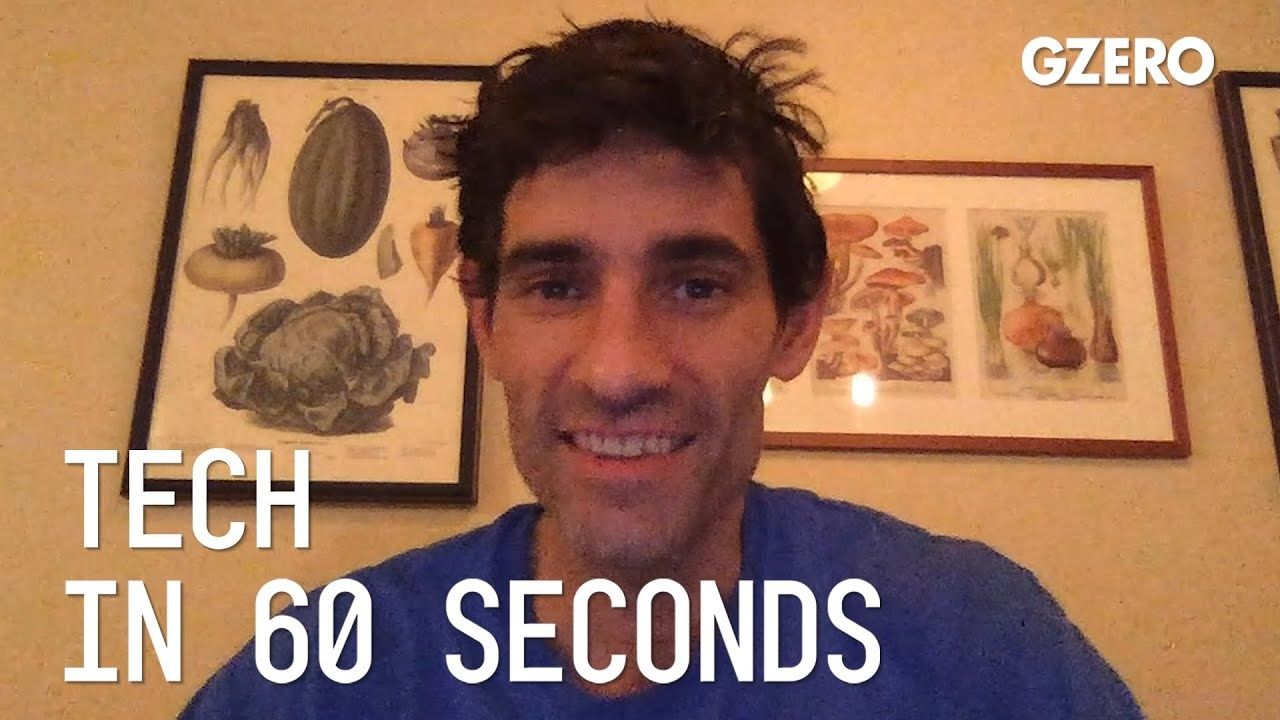
Nicholas Thompson, editor-in-chief of WIRED, weighs in on future tech!
Does Elizabeth Warren really want to criminalize disinformation? How would that look?
So, there's this misperception that Elizabeth Warren wants to make it illegal to spread disinformation online. She put out a proposal this week. Internet reacted badly initially. But if you look at her proposal, that's not what she says. She says she wants the tech companies to do a lot more about disinformation. And she says that people who publish disinformation about voting, to suppress the vote, that should be criminal. But she's not saying you can't lie on the Internet because lots people lie on the Internet and that's OK.
What's the deal with the UK and Huawei and what does the relationship mean for the US?
So, the United States has been trying really hard to make it so that no other country, particularly no other ally, uses Huawei's 5G equipment in their networks. The UK has said, eh actually, we're going to do it. What does that mean? It means that our war on Huawei is not going very well. That even our closest ally doesn't agree with us.